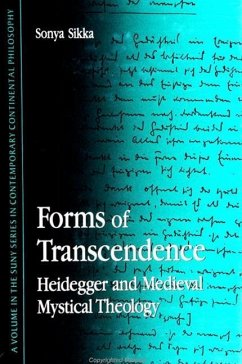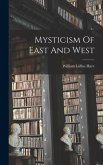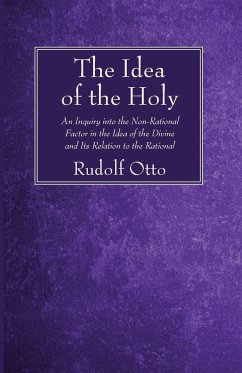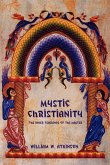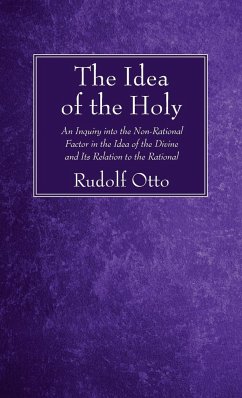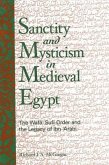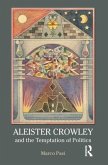Oriented toward the question of God, this book sets up a dialogue between Heidegger and four medieval authors: St. Bonaventure, Meister Eckhart, Johannes Tauler, and Jan van Ruusbroec. This book sets up a dialogue between Heidegger and four medieval authors: St. Bonaventure, Meister Eckhart, Johannes Tauler, and Jan van Ruusbroec. Through a close reading of medieval and Heideggerian texts, the book brings to light elements that present possibilities for a revised appropriation of some traditional metaphysical and theological ideas, arguing that, in spite of Heidegger's critique of "ontotheology", many aspects of his thought make a positive, and not exclusively critical, contribution. Unlike some past studies of the relation between Heidegger and medieval mysticism, this book seeks to establish a real identity between the content, the subject-matter (Sache), of the medieval and Heideggerian texts that it examines. In so doing, it challenges Heidegger's own assertion that what he calls "being" cannot be called God. Against this assertation, Sikka argues that what is to be called God remains an open question, and points out metaphysical and theological elements in Heidegger's reflections on being that help to answer this question. Offering new insights into the relation between metaphysics, theology, and mysticism, the book contributes not only to Heidegger studies but to philosophical theology as well. "The book is extremely well written -- it is lucid exposition of an important issue that could easily have gotten lost in jargon. The author never loses control, however. Sikka maintains an admirable balance of intellectual rigor and fluidity of style. Heidegger is probably thedominant thinker of the twentieth century, and his critique of metaphysics(especially of its conception of God) has been crucial to contemporary thought. The author has addressed this critique directly with intelligence, erudition and fluency". -- William J. Richardson, Boston Co

